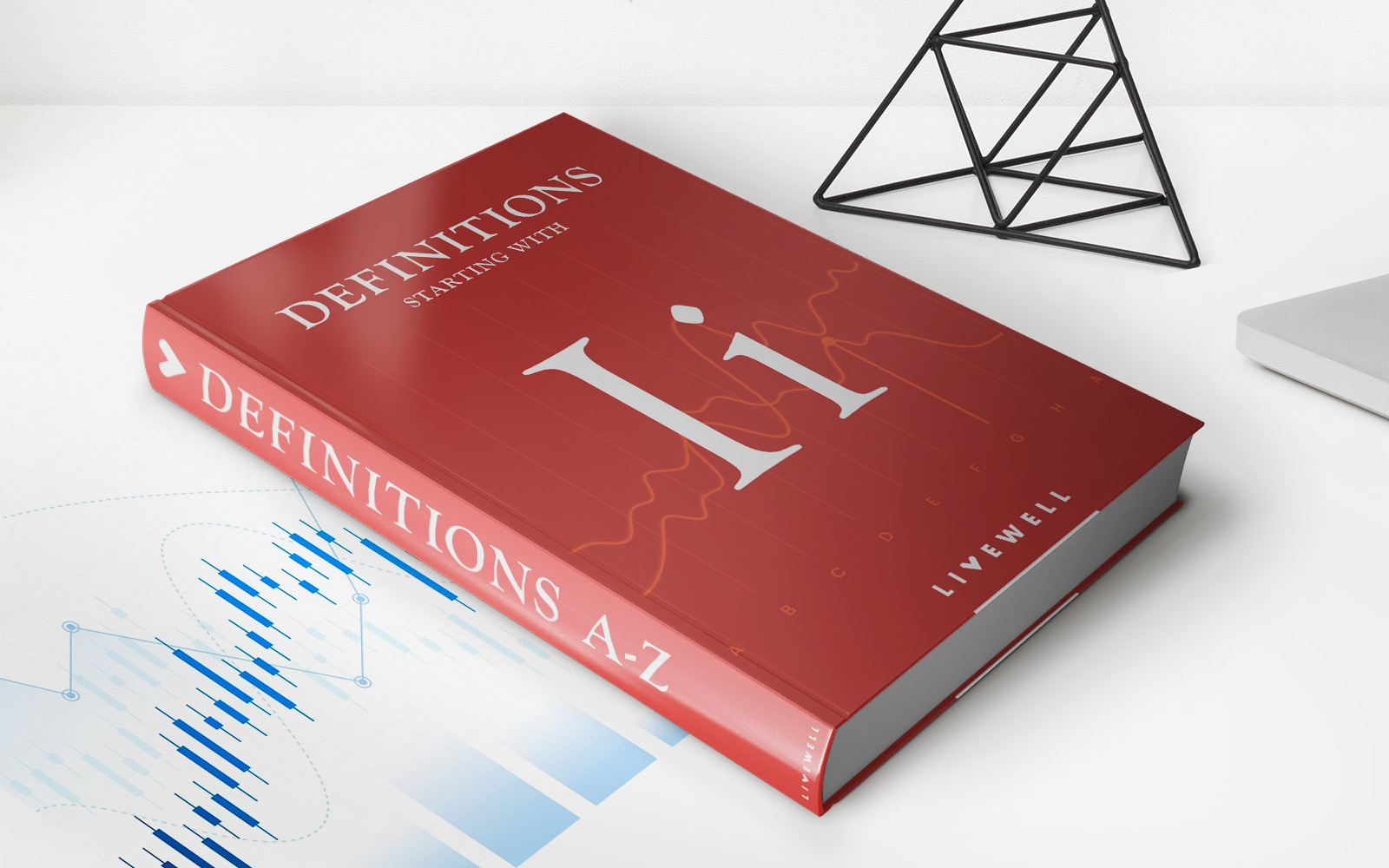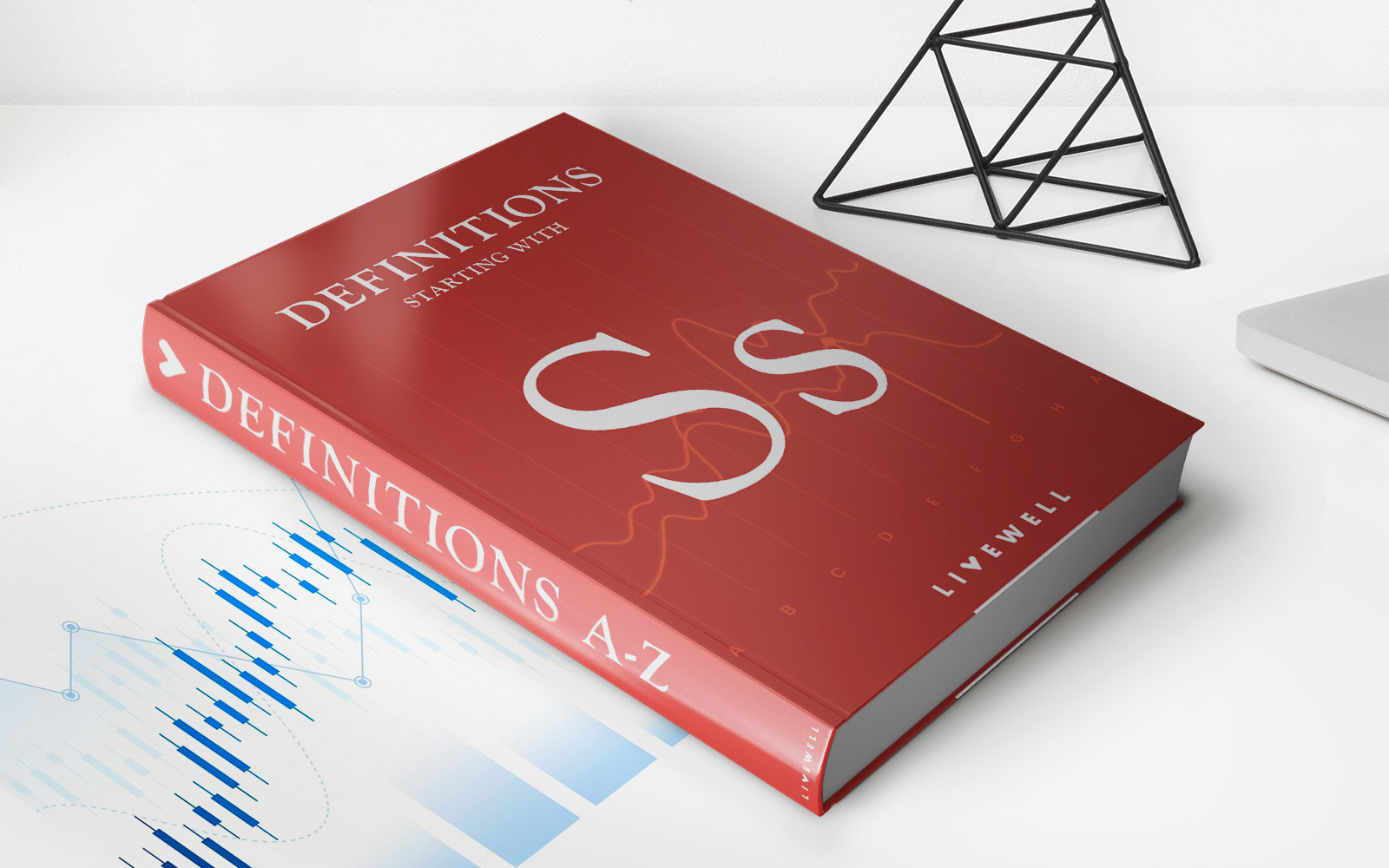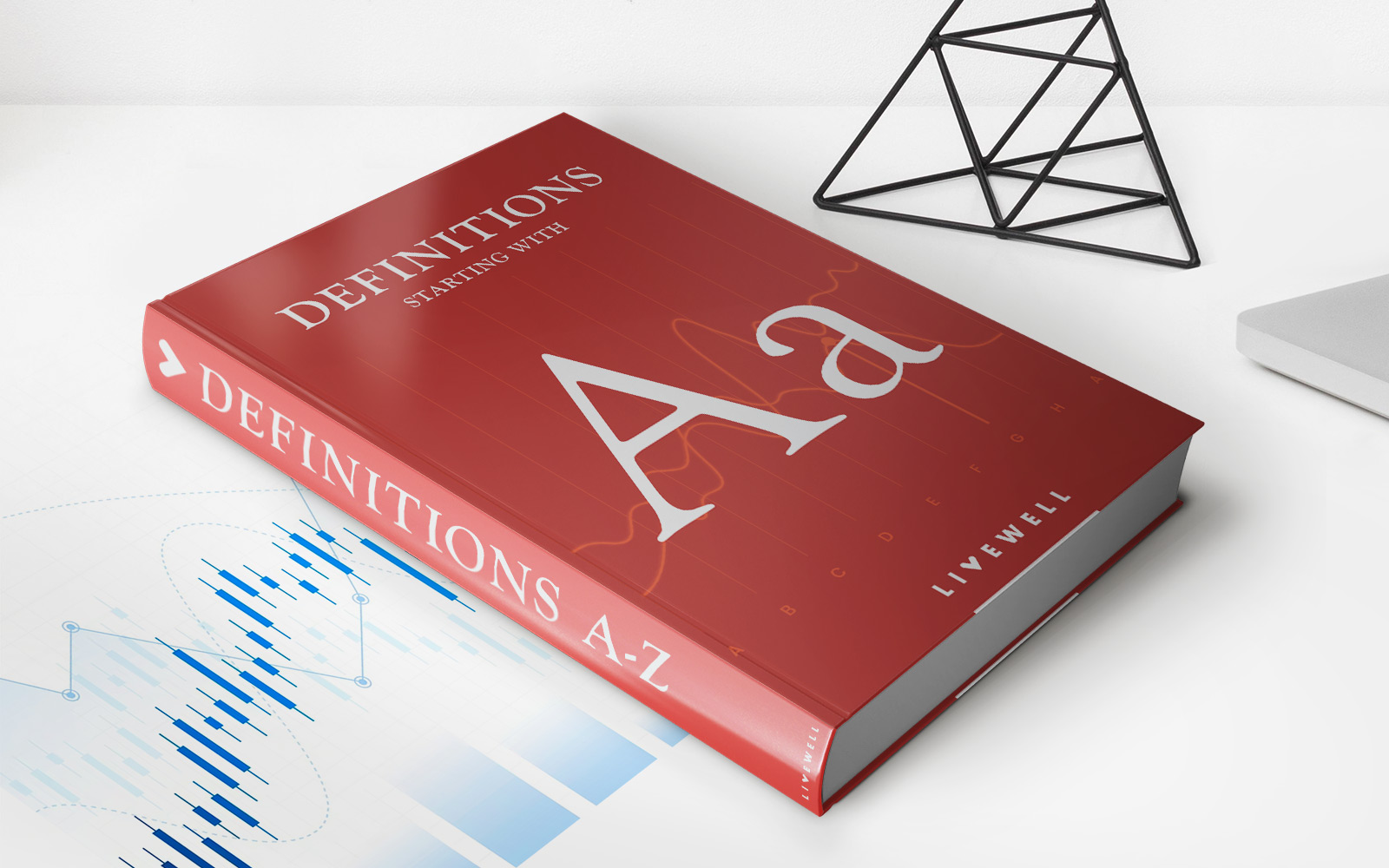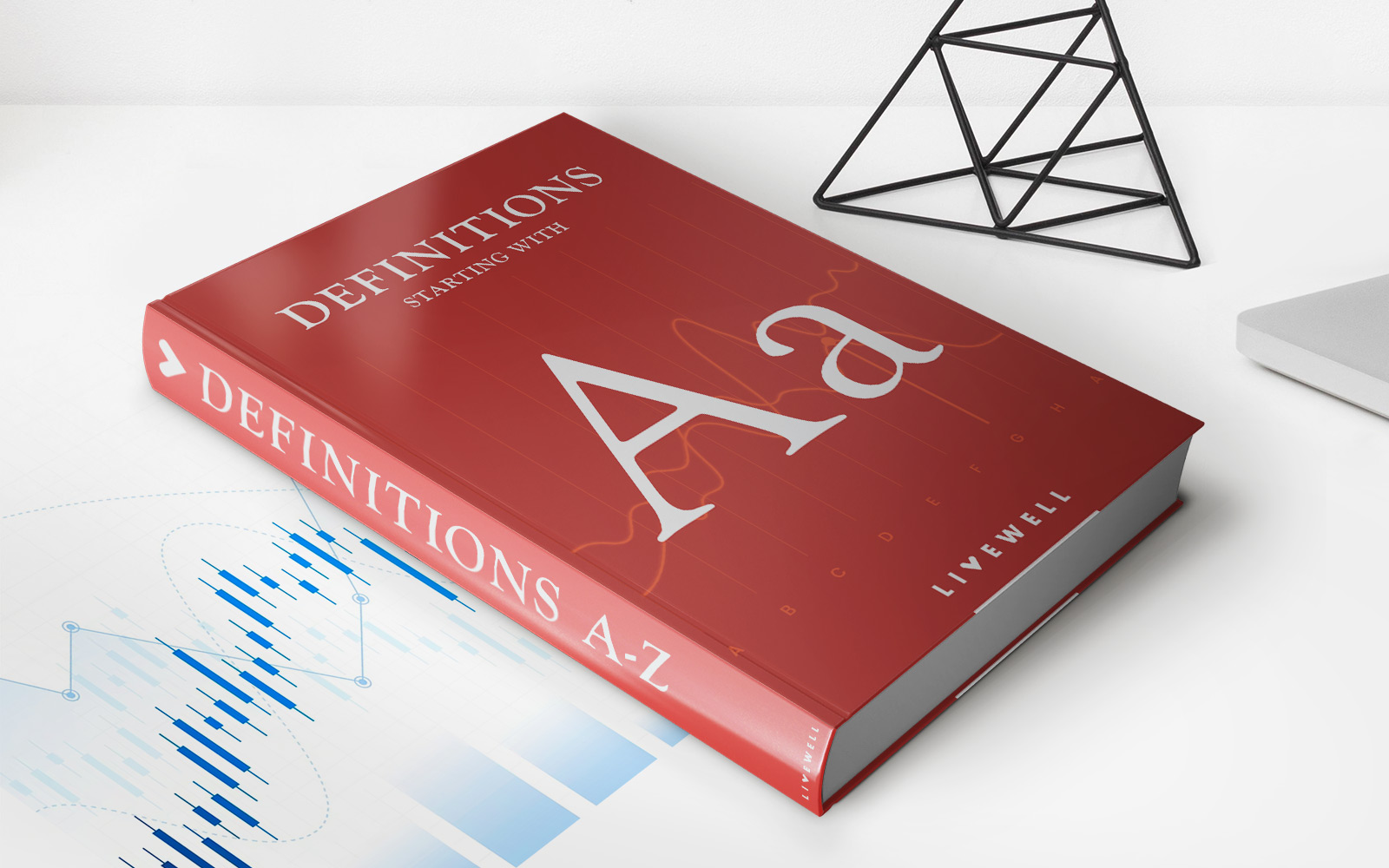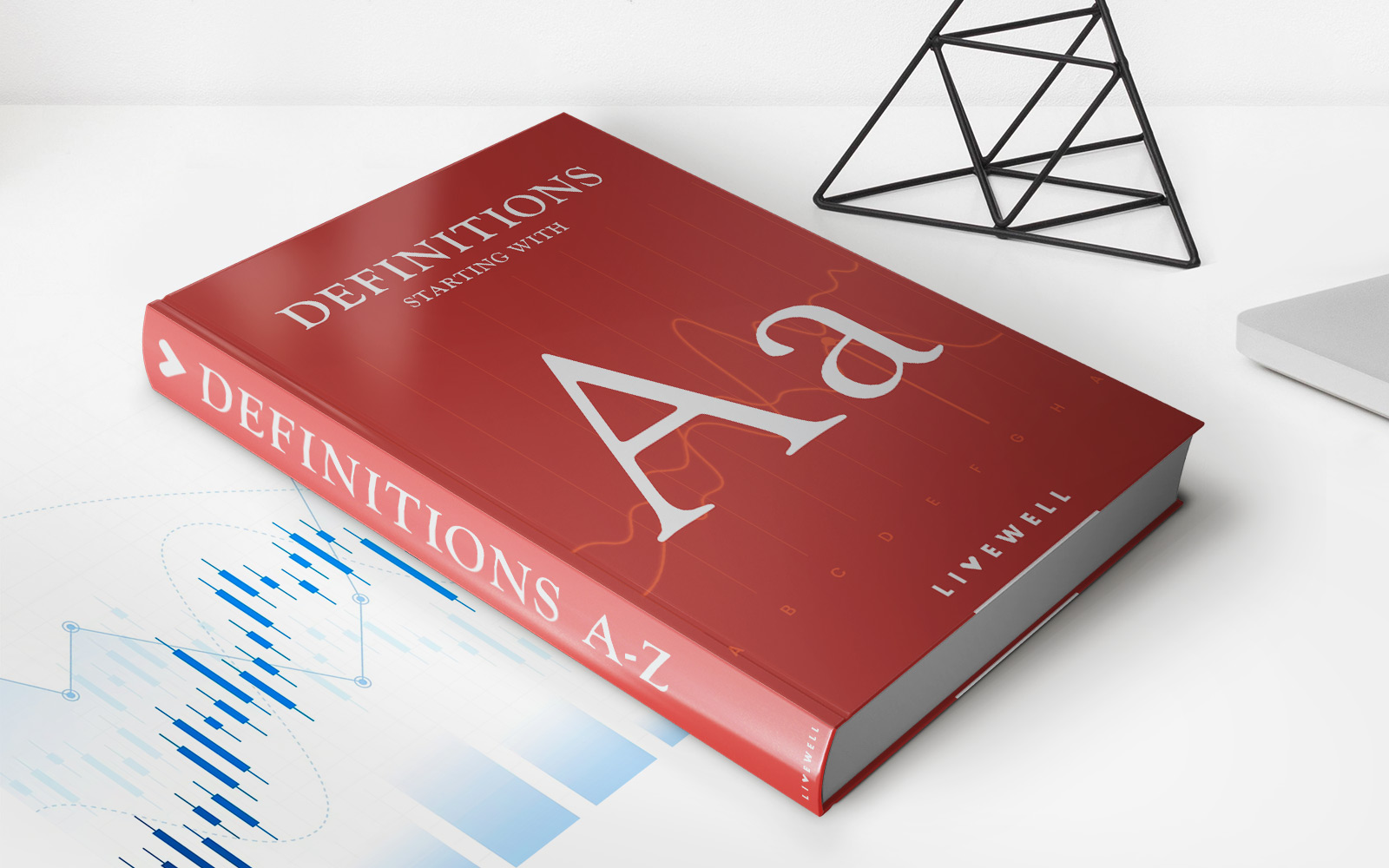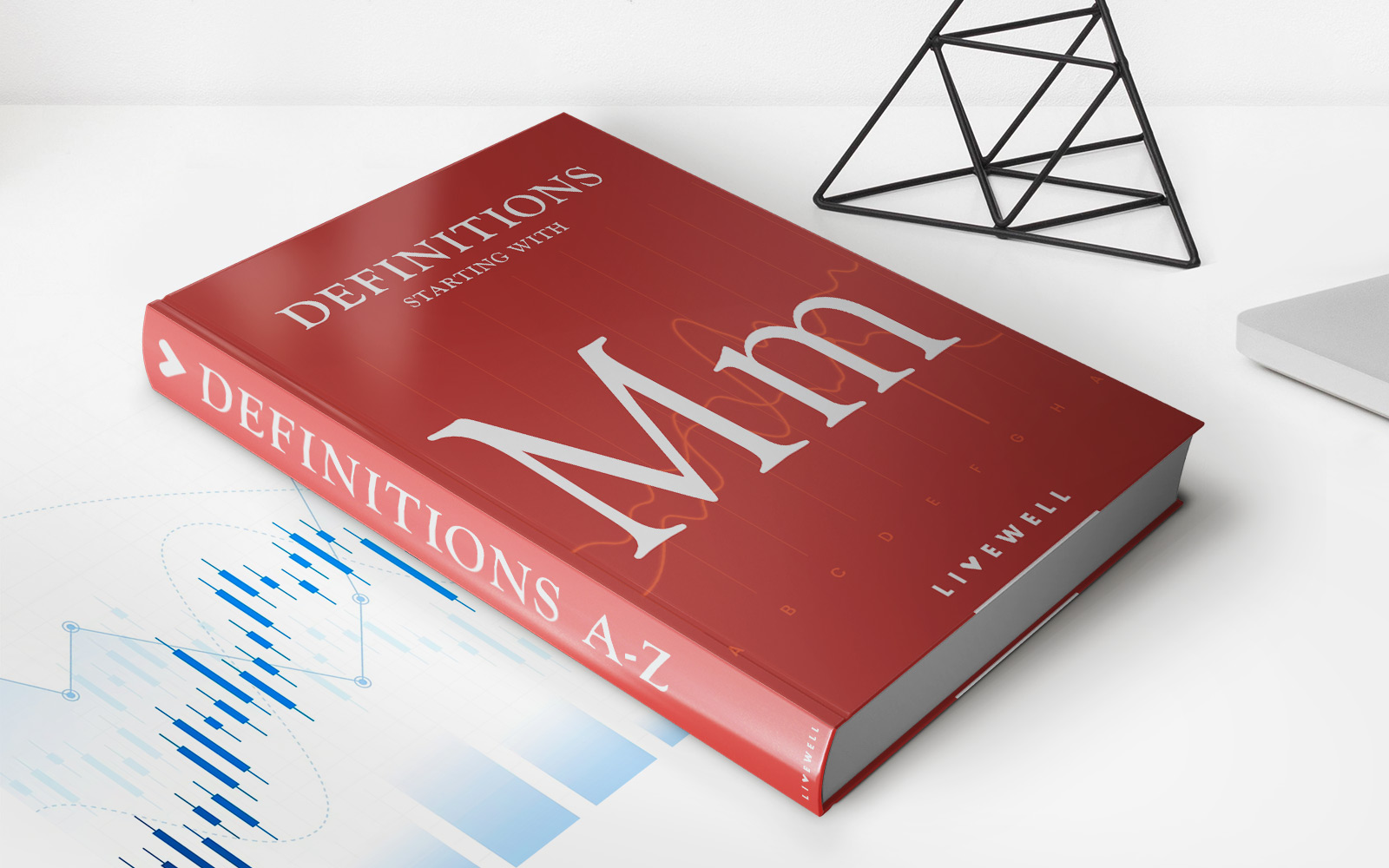Home>Finance>What Is An Heir? Definition, Types, Dying Intestate, And Examples


Finance
What Is An Heir? Definition, Types, Dying Intestate, And Examples
Published: December 4, 2023
Discover the definition, types, and examples of heirs in finance, including what happens if someone dies intestate. Learn more about heirs and their role in inheritance.
(Many of the links in this article redirect to a specific reviewed product. Your purchase of these products through affiliate links helps to generate commission for LiveWell, at no extra cost. Learn more)
Understanding Heirs in Finance: Definition, Types, Dying Intestate, and Examples
Welcome to another informative blog post under our “Finance” category. In this article, we will delve into the fascinating topic of heirs and their significance in the realm of finance. Whether you are planning your estate or simply curious about how inheritance works, understanding what an heir is and the different types that exist is crucial. So, let’s dive right in!
Key Takeaways:
- An heir is an individual who inherits the assets, possessions, and rights of a deceased person through legal succession.
- There are two main types of heirs: statutory heirs and designated heirs.
Now that we have our key takeaways, it’s time to explore the concept of an heir in detail. So, what exactly is an heir? Simply put, an heir is an individual who inherits the assets, possessions, and rights of a deceased person through legal succession. When someone passes away, their estate typically goes through a process called probate, where their assets are distributed according to their will or applicable laws.
Types of Heirs
There are two main types of heirs: statutory heirs and designated heirs.
1. Statutory Heirs: These are individuals who inherit a portion of the deceased person’s estate based on specific laws of inheritance. In most jurisdictions, the laws prioritize close relatives, such as spouses, children, and parents, as statutory heirs. However, the specific order and percentage of inheritance can vary from one jurisdiction to another.
2. Designated Heirs: Unlike statutory heirs who inherit by default based on legal guidelines, designated heirs are individuals specifically named in the deceased person’s will or estate plan. The deceased has the freedom to distribute their assets to designated heirs based on their wishes. This could include individuals who are not related to the deceased by blood or marriage but have been chosen for inheritance.
Dying Intestate
In some cases, individuals pass away without leaving a valid will or estate plan. When this happens, they are said to have died intestate. In these situations, the laws of the jurisdiction determine how the deceased person’s assets will be distributed among their heirs. Dying intestate can lead to complexities and potential disputes among family members, making it all the more essential to have a proper estate plan in place.
Examples of Heirs
To provide a tangible understanding of heirs, let’s look at a couple of examples:
- John: John passes away without leaving a will and is survived by his spouse, two children, and his parents. In this scenario, his spouse and children would typically be considered statutory heirs and be entitled to a portion of his estate, while his parents could also be eligible for a share depending on the laws of the jurisdiction.
- Sarah: Sarah, a successful businesswoman, drafts a will in which she designates her best friend, Lisa, and two charitable organizations as her heirs. Upon Sarah’s passing, her estate will be distributed according to her will, and Lisa and the designated charities will inherit the assets specified in the document.
These examples highlight the diverse situations in which heirs come into play and the importance of understanding the legalities surrounding inheritance. Whether you are planning your own estate or curious about potential inheritances, it’s vital to seek professional advice to ensure your wishes are fulfilled and your loved ones are protected.
We hope this article has shed light on the definition, types, and examples of heirs. Stay tuned for more exciting content in our “Finance” category, where we aim to provide valuable insights into various financial topics. Remember, when it comes to managing your finances and planning for the future, knowledge is power!
